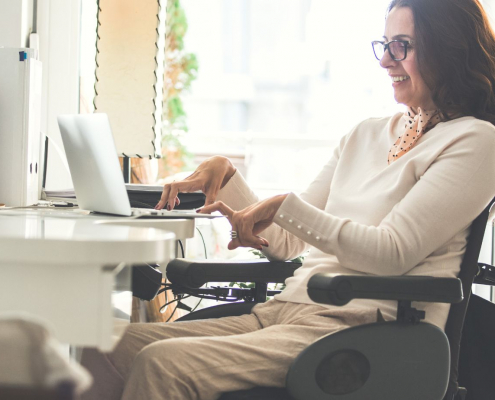Are you worried that an older loved one may no longer be safe on the road? Worse, are you afraid to start a conversation about safe driving with your older loved one out of fear that he or she will react badly to his or her loss of independence and the reality of the situation?
Undoubtedly, one of the hardest parts of aging for seniors is giving up the ability to drive. Not only is it such a huge part of their lives, but it also represents their independence. Unfortunately, even under the best of circumstances, seniors at an advanced age often have trouble with reaction times and judging distances. When a senior has Alzheimer’s, the situation becomes much worse since these problems, as well as the loss of the ability to concentrate on the task at hand, decrease significantly faster.
If you are concerned that your older loved one is becoming a danger to him or herself (and of course others) on the road, there are some steps you can take to make the “talk” a bit easier on the entire family. First, you should keep in mind that this will be a difficult conversation to have for all parties, and you need to make sure your parent does not feel as if they are being ganged up on and forced to relinquish their driving privileges.
If possible, you should have your parent evaluated by an occupational therapy specialist who can make a determination about the impact the senior’s motor skills or other physical impairments are having on the ability to drive. Hearing such information from a medical professional instead of family can help remove some of the hurt feelings or personal resentment that can get in the way of making wise decisions.
It’s also important to note that once your elderly parent stops driving, you need to have options in place for them to still get what they need. Senior busing and family or friends can take them to doctor appointments, while groceries and pharmacy prescriptions can be delivered directly to their house.
Understand, though, that it will not be an easy transition for your parent, especially if they are fiercely independent. You may have to resort to some difficult strategies to keep your parent from driving, such as taking their car keys, removing a critical component from the car, or just selling the car if it’s no longer needed.
If you need additional advice about your loved one’s long-term care needs as you transition into new phases of aging, please contact us 800-244-8814 to schedule a complimentary initial consultation.




